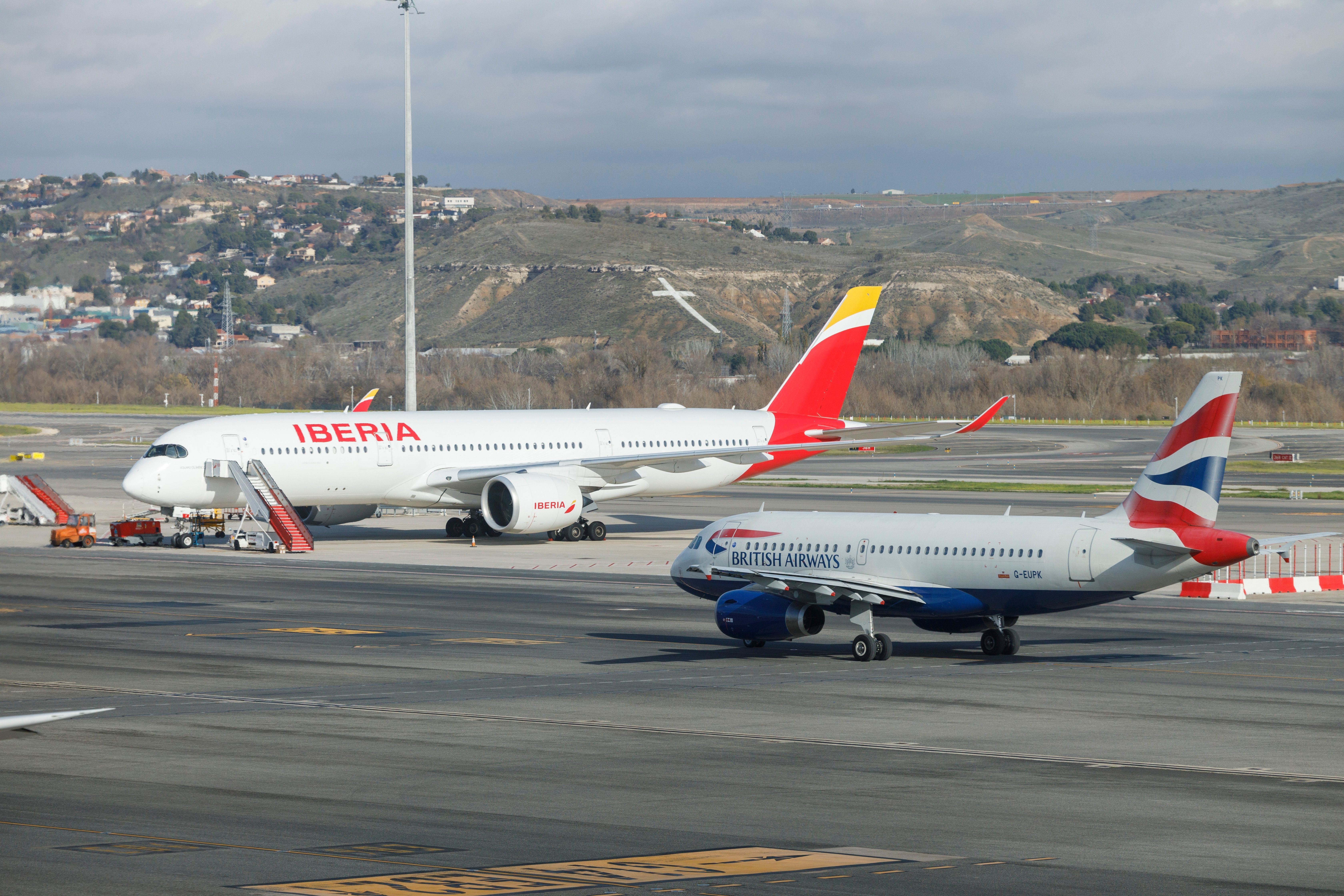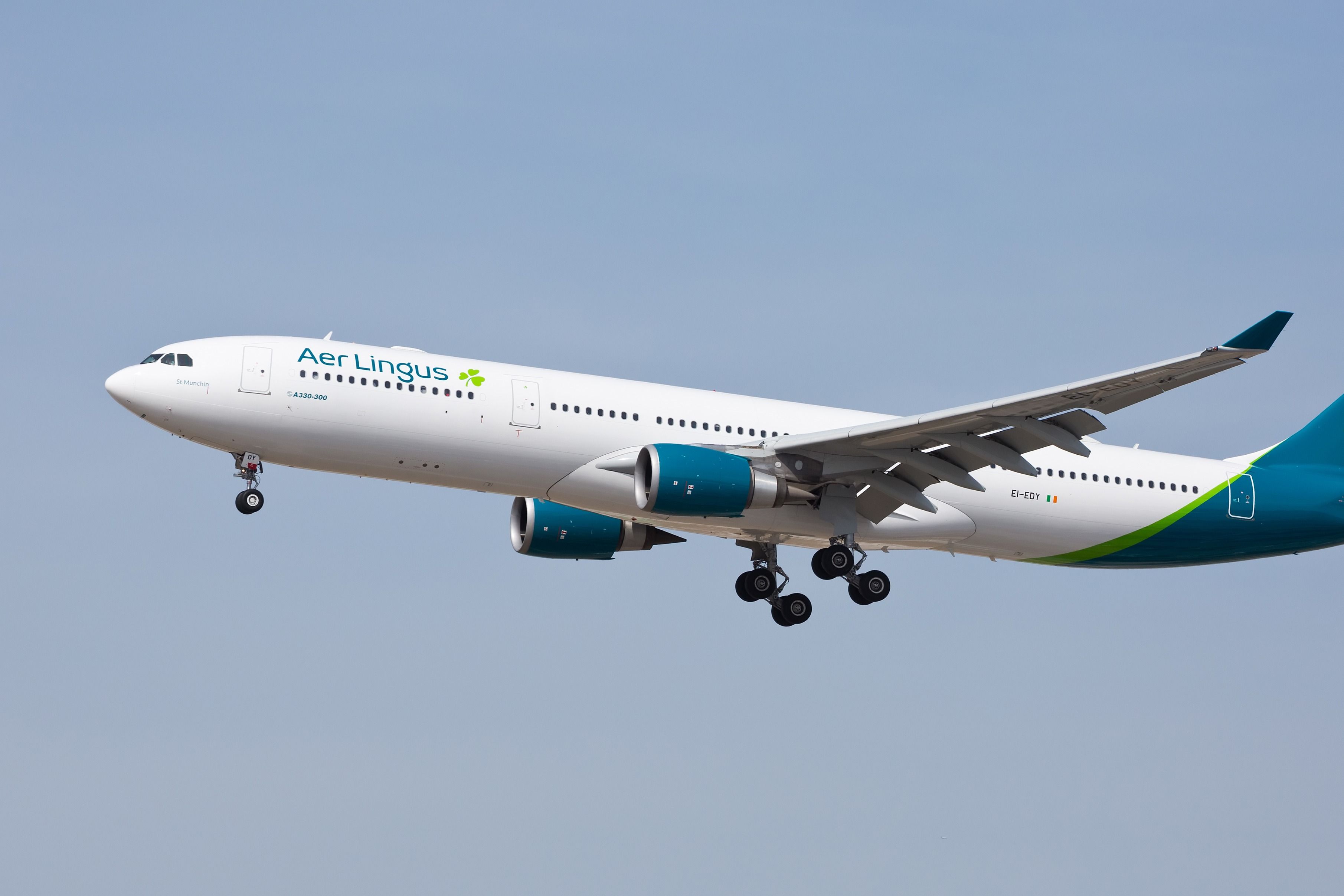IAG had also reported £2.3 billion in overall profit.
SUMMARY
IAG saw a 30% drop in cargo revenue in 2023 due to increased passenger services and belly space availability.
Despite the drop, IAG's cargo volume increased by 17% with British Airways leading in revenue at £757 million.
IAG attributes revenue drop to COVID-related disruptions in logistics industry and notes potential recovery in Asia-Pacific sector.
International Airways Group (IAG) reported almost a 30% drop in cargo revenue for 2023 in its year-end financial reporting earlier this week. The drop in cargo revenue for the airline consortium is the latest result that is in line with many other airlines for what was a tumultuous year for the cargo industry.
Originally released on February 29th, when the airline also announced major leadership changes, the airline group’s year-end result included many positive aspects, including a 22.6% capacity growth on transatlantic capacity and a doubling of total profits to £2.3 billion. IAG does not have any freighter aircraft and operates cargo services with belly capacity on its passenger airlines.
IAG, for its part, is partially owned by Qatar Airways. Its member airlines include British Airways, Aer Lingus, Iberia, LEVEL, and Vueling. Of these, British Airways brought in most of the cargo revenue for 2023, accounting for £757 million, followed by Iberia with £236 million, and Aer Lingus at £47 million.

Photo: Mikel Dabbah | Shutterstock
While its passenger services grew with great success in 2023, IAG also saw an increase in the amount of cargo flown. In 2023, IAG’s Cargo Tonne Kilometers (CTK), or the weight carried per kilometer distance of the flight, increased by more than 17% from 3.9 billion tonnes in 2022 to 4.6 billion tonnes in 2023.
Despite carrying more cargo in weight in 2023, the revenue per CTK dropped nearly 40%. In its year-end report, the airline group noted that it had previously benefited from large disruptions in the logistics industry in 2022, stemming from the COVID-19 pandemic. These disruptions limited the ability for cargo to move in 2021 and 2022 due to limits in cargo capacity from the lack of passenger flights.
Cargo market turbulence
With passenger service reaching pre-pandemic levels in most cases and surpassing them in some, rates for cargo were dropping because of the availability of belly space. However, IAG noted that its cargo revenue had increased by 3% compared to in 2019.
The airline group also noted that the largest drop in cargo volume compared to 2019 was in the Asia-Pacific region. Recently, cargo industry experts have noted better performance in the Asia-Pacific marketplace, which could indicate the beginning of a recovery of the faltering cargo market.

Photo: Carlos Yudica | Shutterstock
IAG itself had just opened new cargo facilities at London Heathrow (LHR) and Madrid (MAD). While British Airways is IAG’s largest member, and Iberia is one of its fastest-growing airlines, these cargo facilities improved cargo yields, resulting from the rate charged for cargo, to allow IAG airlines to carry premium goods in 2022.
The sudden return to normalcy has caused a number of financial hardships for companies that expanded during the COVID-19 pandemic. One of these airlines is Florida-based Amerijet, which recently elected to park its fleet of narrowbody cargo aircraft. Western Global Airlines, meanwhile, filed for Chapter 11 bankruptcy protection in August 2023. Other cargo airlines, such as SmartLynx in Latvia, have parked some of their fleet of A321 converted freighters without being able to operate these aircraft for a customer.
However, despite the relatively poor performance of the cargo component, IAG’s business growth could be on the horizon. The airline group also reported £223 million in sales of goods and services to significant shareholders, which it marked from the purchase of cargo capacity, among other services.
No comments:
Post a Comment